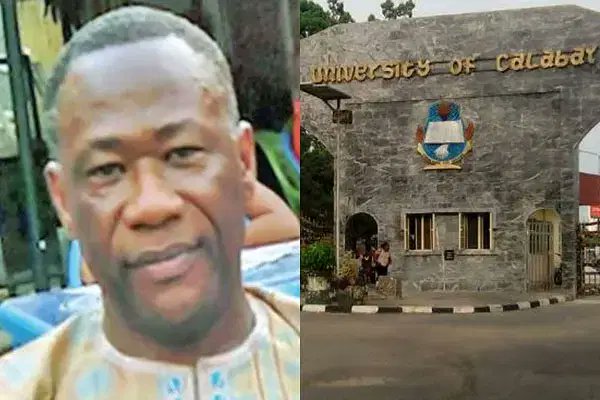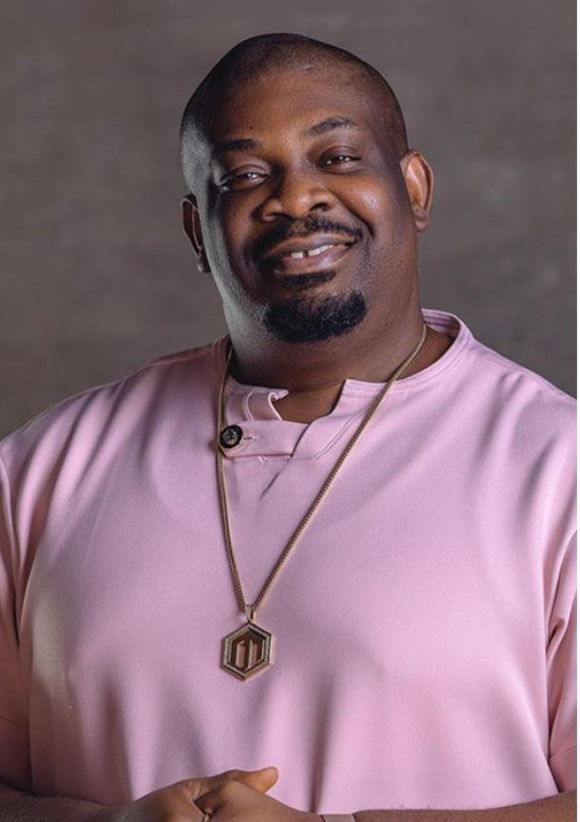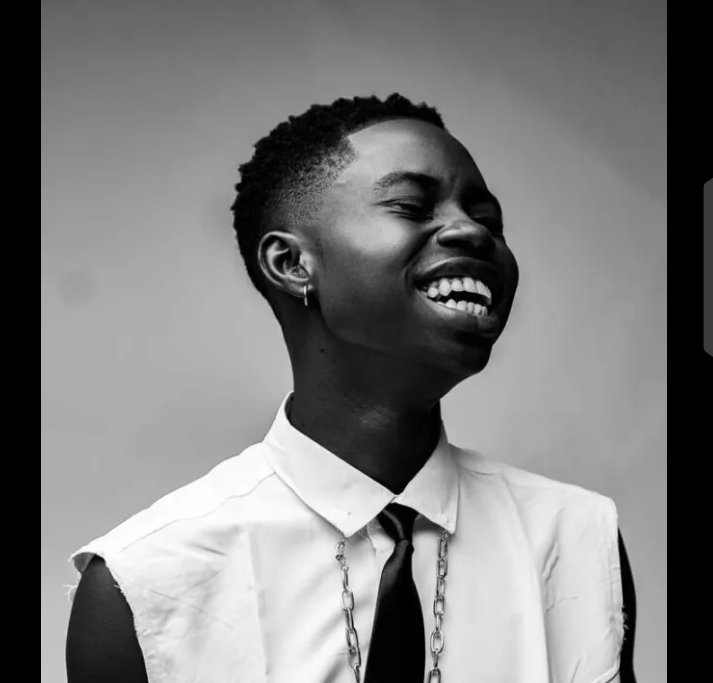

The academic community in Nigeria was shaken to its core today as the Federal High Court in Abuja delivered a landmark judgment that officially ended the long, controversial saga surrounding Professor Cyril Ndifon, the suspended Dean of the Faculty of Law at the University of Calabar (UNICAL). In a ruling that many have described as both historic and symbolic, the court sentenced the embattled professor to five years’ imprisonment without the option of a fine, marking one of the most decisive punishments ever handed down to a top-ranking academic in recent memory.
The courtroom atmosphere was tense as Justice delivered the judgment, bringing to an end months of heated legal battles, public outrage, student protests, and national debate. For many Nigerians, the sentencing represents more than just a legal outcome—it signals a turning point in the fight against abuse of power in Nigerian institutions and the long-standing culture of impunity that has plagued the academic sector. For others, it marks a bitter moment of reflection on how a once-respected scholar could crash from national acclaim to public disgrace.
Professor Ndifon, a name that once commanded respect in the field of law, had been at the center of swirling controversies after multiple allegations surfaced from female students within the faculty. The accusations ranged from misconduct to abuse of office, sparking a massive uproar within the university community. Protests erupted on campus at the time, with students marching and demanding justice, while civil society groups amplified their calls for a thorough investigation. The case quickly moved beyond campus gossip to become a national conversation, symbolizing the widespread struggle many students face in academic environments where power dynamics are heavily imbalanced.
When the Independent Corrupt Practices and Other Related Offences Commission (ICPC) eventually stepped in, it became clear that the matter had escalated far beyond university disciplinary procedures. The investigations were followed by formal charges, and what many initially thought would fade quietly eventually grew into one of the most closely watched legal battles of the year. Throughout the trial, the prosecution argued that Professor Ndifon had repeatedly leveraged his position as dean for personal advantage, compromising the integrity of the institution he was meant to uphold. The defense, on the other hand, insisted he was the victim of a coordinated smear campaign designed to tarnish his decades-long career. But as evidence was presented and testimonies unfolded, public sentiment slowly shifted.
Today’s judgment was the climax of that gradual shift. As the news filtered out of the courtroom, reactions poured in from across the country. On social media, the sentencing quickly dominated conversations, with Nigerians expressing a mix of relief, vindication, and shock. Some hailed the ruling as a long-overdue victory for students who often suffer in silence, while others lamented the downfall of a man who had once contributed significantly to legal scholarship. A number of users emphasized that the sentence sends a strong message: that no level of academic prestige grants immunity from accountability.
Within UNICAL itself, the atmosphere was a mixture of quiet conversations and lingering tension. Students who remembered the protests recalled how emotionally charged the campus had been at the height of the allegations. Academic staff, many of whom had tried to remain neutral during the controversy, exchanged worried glances over what this means for the university’s reputation. The judgment underscores the urgent need for Nigerian universities to reexamine internal reporting systems, student protection mechanisms, and the often unspoken culture of silence that allows misconduct to thrive unchecked.
Observers also note that this case carries broader implications for Nigeria’s legal and academic landscape. It serves as a warning to individuals in positions of authority, particularly in educational institutions, that the era of sweeping misconduct under the carpet may finally be drawing to a close. With more students empowered by social media and civil advocacy platforms, allegations of abuse now spread faster and are harder to bury. Institutions may increasingly have no choice but to confront cases head-on, investigate transparently, and enforce consequences where necessary.
As Professor Ndifon begins his five-year sentence, the public’s attention will likely shift to the aftermath—how UNICAL will rebuild trust within its law faculty, how students will navigate the lingering trauma of the events, and how the academic sector as a whole will respond. Legal analysts have already begun discussing whether this ruling will open the door for similar cases involving misconduct in other universities or government institutions. Some insist the sentencing will embolden more victims to come forward, while others worry that without proper reforms, the cycle may continue behind closed doors.
For now, the verdict stands as a stark reminder that reputations built over decades can crumble in seconds when power is abused. Professor Cyril Ndifon leaves the courtroom not as the celebrated dean he once was, but as a convicted offender whose fall from grace will be studied for years. Today’s ruling may not undo the experiences of those who spoke out, but it has undeniably reshaped the conversation around accountability in Nigeria’s education system. And as the nation absorbs the full weight of the judgment, one thing is clear: this is not just the end of a case—it is the beginning of a new chapter in the fight for justice, integrity, and institutional transparency in Nigeria.
The Federal High Court’s decision has sent a powerful message across the country, establishing once again that the judicial system, though often criticized, can still deliver justice where it matters most. In a nation where many fear that influence and status can dictate outcomes, today’s judgment stands out as a moment of restored confidence. For the victims, for students, and for Nigerians everywhere, it is a reminder that no matter how long it takes, justice can prevail.


